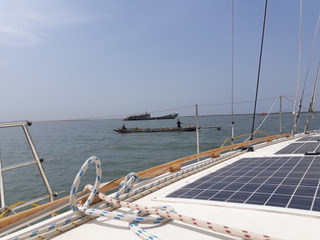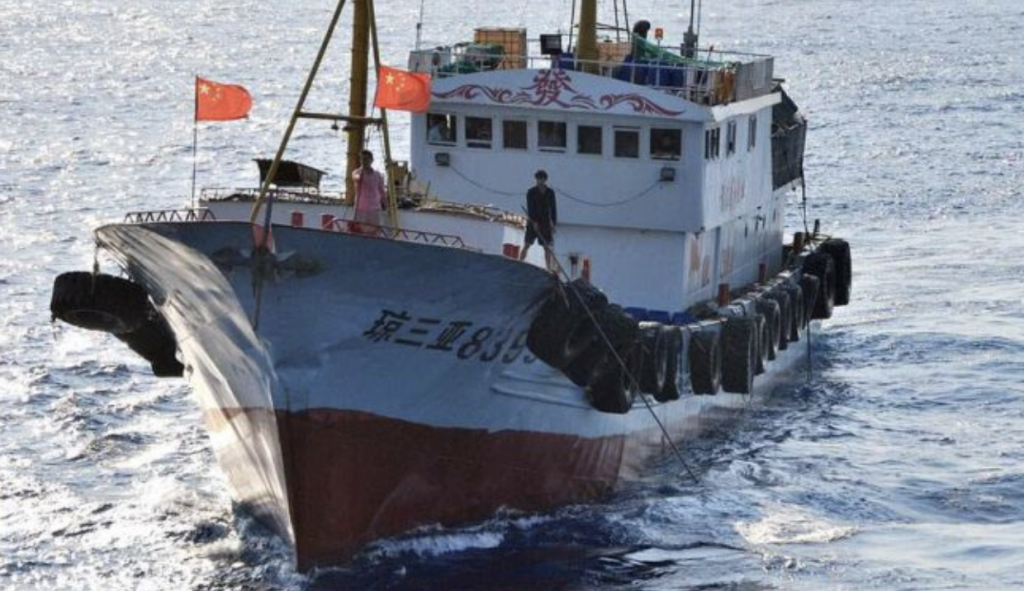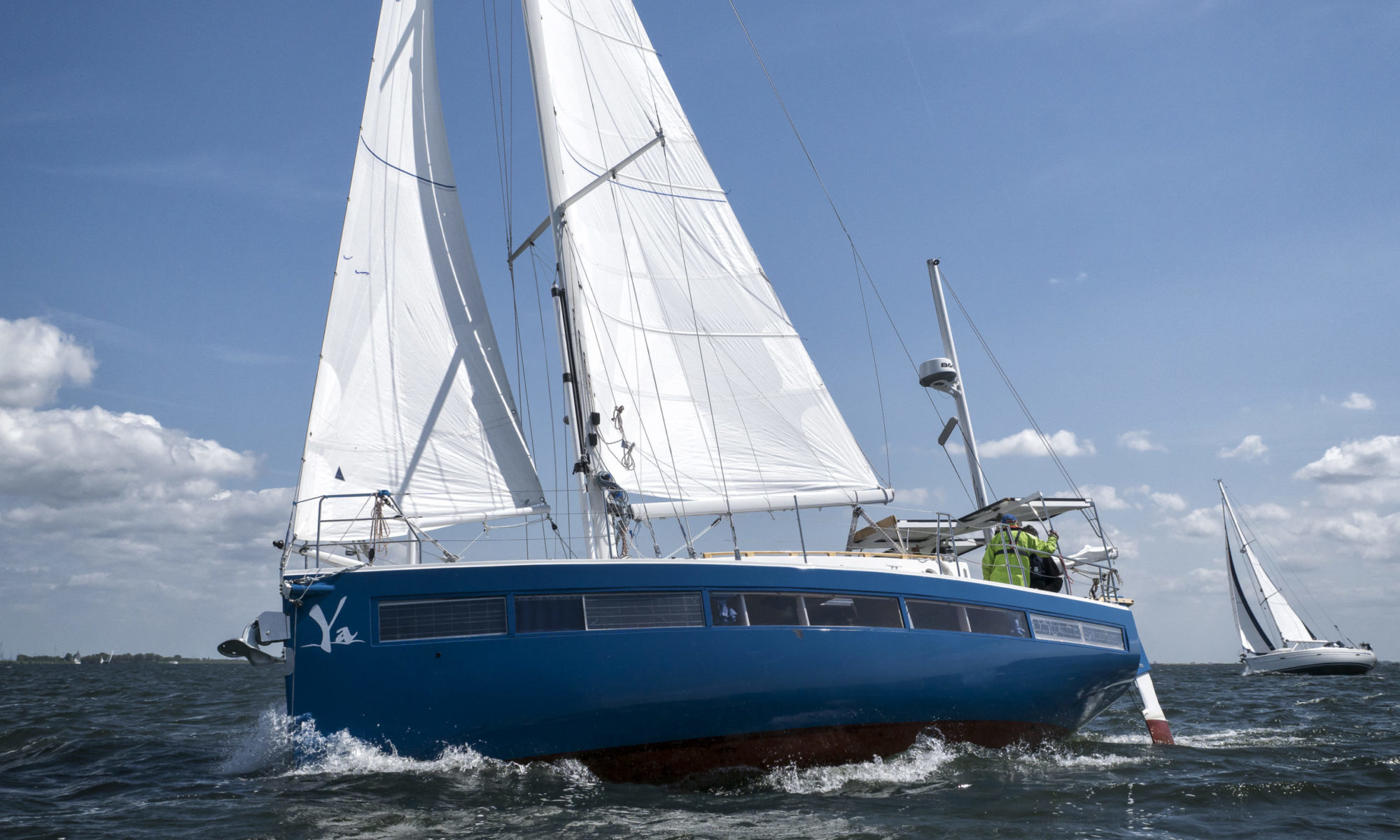Three years ago, on our way to Gambia, it was in the early morning when we entered the Senegalese waters and a Senegalese wooden fisher boat passed by.

The little, traditional fishers can always be seen around a wreck, because the big industrial fishing ships can not come that close to wrecks with their enormous gear.
Two skinny men, with worn out clothes on, asked us for water. So we gave them water and some bread. We felt that moment that they were already a night at sea, but still had no catch. And they were clearly determined not to come home without any fish.

Source: globalvoices.org the impact of China’s Fishing Policies on West Africa
Today, we heard a small news item on the radio: Europe does not want to extend the agreement with Senegal to fish in their waters, because there is no enforcement from the Senegalese government. In European words, the EU identified Senegal as a “non-cooperating country” in the fight against illegal fishing earlier this year, citing “failures in monitoring, control and surveillance systems” on Senegalese ships in extraterritorial waters as well as on foreign vessels in the port of Dakar, the capital. (source: Washington Post November 16, 2024).
It looks like Senegal is the bad guy, because they don’t do their duty.
What exactly is happening here? What if we look closer?
For many years the EU en Senegal have had a contract that allows the Europeans to fish in the Senegalese waters. Europe pays Senegal 8,5 million Euros per year and some 18 French and Spanish fishing ships fish in their waters. It means that the fishing waters are for these European fishers only.
Fishy business?
This seems to go against their own economy, because each 1 of the 25 Senegalese people depends on fishing: the fishers themselves, the salesmen, and the people processing fish. Why is the government selling it then? Well, let’s put it this way: it can’t be proven that all these millions go straight to the State. Or to put it differently: it could very well be skimmed by the top politicians network. Like it happens in so many poor countries.
Or level playing field?
Senegal has 15 million inhabitants, Europe has 30 times more. Indicating the economical power by its Gross Domestic Product, Senegal’s is 30 billion, the European Union ‘s is 20 trillion dollars. A difference of about 18,000 times. This is David against Goliath. This level playing field is completely out of balance. However, the European Union made this deal because they see it as part of the development policy. The European fishers fish according to a sustainable protocol, fishing only on fish the Senegalese don’t traditionally fish, so there should be fish the next year. Also they don’t fish their full quota. So it might work, if nobody else catches fish from the Senegalese waters.
Therefore, the contract requirement is that the Senegalese government should also do the surveillance of their waters. That costs many millions a year. So they can’t. And they won’t, because, as told, 1 to 25 Senegalese inhabitants rely on the fishing, and you don’t jeopardise your compatriots.
Also, we saw many Chinese ships in Senegalese and Gambian waters. Greenpeace estimates that more than 400 Chinese fishing vessels are currently operating off the coast of West Africa. For Senegal it is simply not possible to start messing with China, a nation about 20,000 times stronger. Again, it is the level playing field.
Meanwhile, the Senegalese waters are empty now. Europe still points at Senegal to correct the illegals, such as China. Is this reasonable? Each 25th Senegalese man, woman and child need the fish.

Source: globalvoices.org, the impact of China’s Fishing Policies on West Africa
